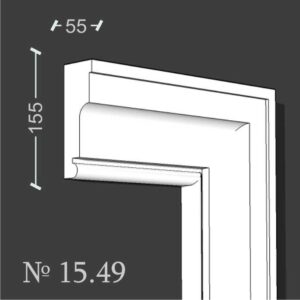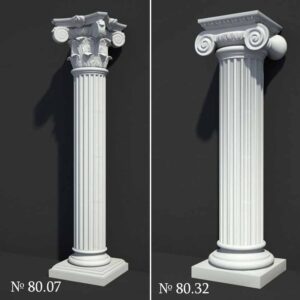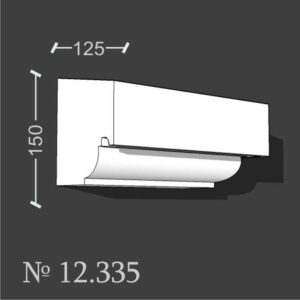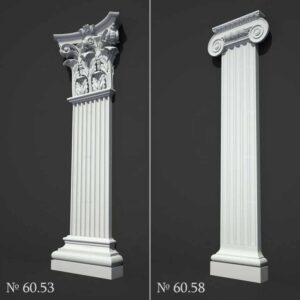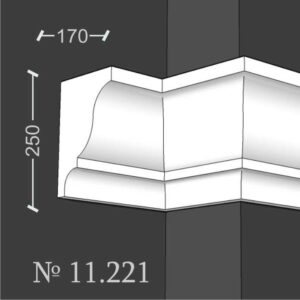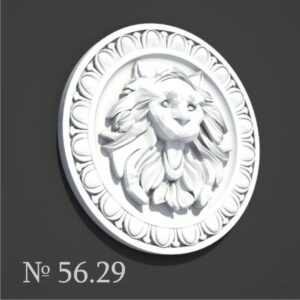Securing your home is a top priority, and one of the most effective ways to protect it is by installing the right locks on your doors and windows. With a wide variety of locks available, it’s important to understand the different types and their features to choose the best options for your home. Here’s an overview of the most common types of locks used in home security and how they can help keep your property safe.
Professional Installation: A Key Step in Securing Your Home
Even the highest-quality lock can be ineffective if not installed correctly. A professional locksmith ensures that locks are properly aligned, secure and functioning as intended, reducing the risk of vulnerabilities that can occur with DIY installations. Additionally, locksmiths can provide guidance on the best types of locks for specific doors and windows, taking into account factors such as door material, thickness and security requirements.
Hiring a professional locksmith Blackpool or local to you also ensures that the installation complies with local building codes and insurance requirements, which is especially important for locks like mortice locks or multipoint locking systems. Overall, while it may be tempting to install locks on your own, professional installation is a worthwhile investment that can greatly enhance the overall security of your home.
1. Deadbolt Locks
Deadbolt locks are very popular locks for residential doors. They are specifically designed to resist forced entry, making them a preferred choice for external doors. There are two main types of deadbolts:
- Single Cylinder Deadbolt: This deadbolt is operated with a key from the outside and a thumb turn from the inside. It is easy to use but can be a security risk if placed near a window, as a burglar could break the window and turn the thumb latch.
- Double Cylinder Deadbolt: With a double cylinder deadbolt, you need a key to open the lock from both sides, making it more secure than the single cylinder version. However, it’s important to keep the key accessible in case of emergencies, such as a fire, where a quick exit is necessary.
2. Mortice Locks
Mortice locks are commonly used in the UK for securing external doors. These locks are embedded into the door itself, making them more difficult to tamper with than surface-mounted locks. They typically come in two, three or five-lever varieties, with five-lever mortice locks offering the highest level of security.
- Two or Three-Lever Mortice Locks: These are often used on internal doors where high security is not a primary concern. They provide a basic level of protection and are not usually recommended for external doors.
- Five-Lever Mortice Lock: For external doors, a five-lever mortice lock is ideal, particularly if it meets the British Standard BS3621, which is recognised by most insurance companies. These locks are robust and difficult to pick or force open.
3. Night Latch (Yale Lock)
Night latches, often referred to as Yale locks, are surface-mounted locks commonly used on external doors in the UK. These locks automatically engage when the door is closed, providing quick and convenient security. There are two types of night latches:
- Standard Night Latch: This lock can be opened from the outside with a key and from the inside with a simple lever or knob. However, because it can be easily opened from the inside, it’s not ideal as a standalone lock for securing your home.
- Deadlocking Night Latch: This more secure version can be deadlocked with a key, preventing the latch from being opened from the inside without a key. This is especially useful if you are going out for an extended period.
4. Multipoint Locking Systems
Multipoint locking systems are typically used on uPVC doors and provide a high level of security. These locks engage multiple bolts into the door frame when the key is turned, making it much harder for burglars to force the door open.
The system usually engages at three or more points along the door, making it resistant to break-ins. These are particularly effective for front doors, patio doors and French doors, providing both convenience and robust security.
5. Keyless Smart Locks
Smart locks have gained popularity recently due to the convenience and control they offer. These locks can be operated via a smartphone, keypad or fingerprint scanner, allowing you to lock and unlock your door remotely. Many smart locks also integrate with home security systems, giving you real-time notifications if someone tries to tamper with the lock.
Keyless smart locks eliminate the need for physical keys, reducing the risk of getting locked out or unauthorised key duplication. However, it’s important to choose a high-quality smart lock, as lower-end models may be vulnerable to hacking or malfunctioning.
6. Window Locks
While door locks are crucial, securing your windows is equally important, as they are common entry points for burglars. There are several types of window locks, including:
- Keyed Sash Locks: These are commonly used on sash windows and require a key to lock and unlock, providing an extra layer of security.
- Sliding Window Locks: These locks prevent sliding windows from being opened from the outside.
- Locking Hinges: These can be fitted to casement windows, making it difficult for them to be forced open.
Conclusion
Choosing the right locks is essential for securing your home. From traditional deadbolts and mortice locks to modern smart locks, each type offers different levels of security depending on your needs. It’s advisable to use a combination of locks for maximum protection, especially on external doors and windows. Regularly maintaining and updating your locks will ensure your home remains secure and protected from potential intruders.







